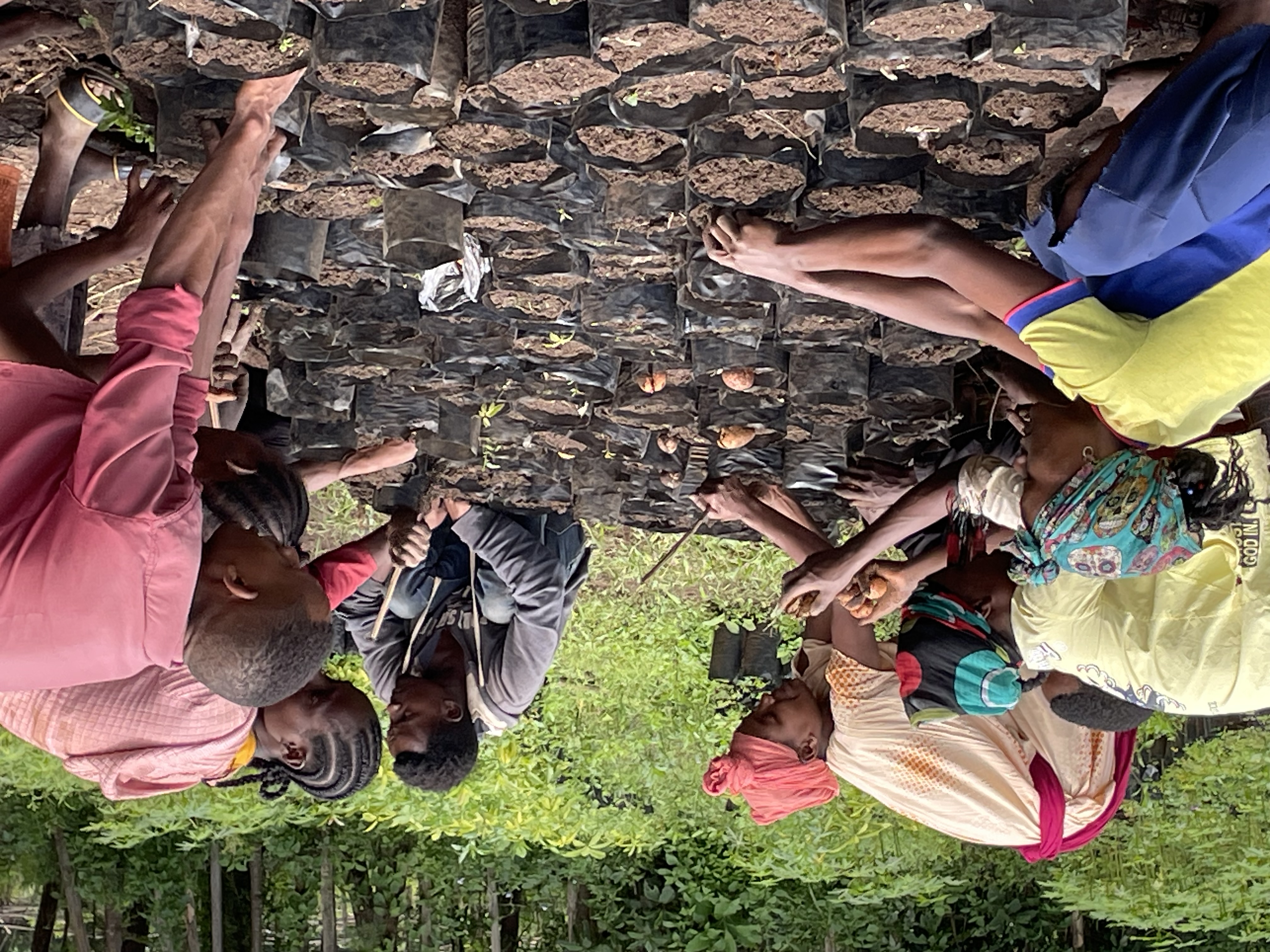University of York Researchers Highlight The challenges of Climate Change and Local Adaptation in African Mountain Regions
Posted on Friday 17 January 2025

Researchers at the University of York, including lead author Dr Aida Cuni-Sanchez and YESI Resilient Socio-ecological Systems Research Theme Lead, Professor Rob Marchant, have unveiled critical insights into the impacts of climate change on equatorial Africa’s mountain farmer communities. Their findings, published in Nature Climate Change, are complemented by a policy brief by the Basque Centre for Climate Change (BC3) titled Climate Change in African Mountains: An Increasing Challenge and Contribution of Local Adaptation Responses.
The study, which involved interviews with 1,500 smallholder farmers a from 10 mountain regions in eight countries in Africa, reveals that farmers in all these mountain regions are experiencing the tangible impacts of climate change. Communities report increasingly unpredictable weather patterns, leading to less reliable planting and harvesting schedules and increased pests and diseases that disrupt traditional agricultural practices and reduce crop yields. Other widespread impacts reported included reduced water availability,increased soil erosion, and reduced health in livestock and humans.These changes are having profound effects on food security and local livelihoods.
In response to these challenges, the mountain communities studied are employing a wide range of adaptation strategies. These include changing farming practices such as adopting new crops, investing in water and soil management, using agrochemicals, and using more veterinary care. However, the study also highlights that the number and type of adaptation responses varies significantly across the ten mountains, underscoring that a “one-size-fits-all” approach is inadequate. Adaptation strategies must be tailored to the specific environmental, social and political dynamics of each mountain region and should carefully consider the unintended consequences of some national policies and the constraints of ongoing violent conflicts.

Professor Marchant emphasized the importance of these findings:
"African mountain regions are hotspots of biodiversity and cultural heritage, but they are increasingly vulnerable to climate change. Our research underscores the critical need for localised adaptation strategies to mitigate the socio-ecological and economic impacts communities face."
The accompanying policy brief calls for increased investment in community-driven solutions that respect the unique characteristics of each region. It also advocates for collaborative action between local communities, governments, and international organisations to co-develop sustainable adaptation strategies. Moreover, the research stresses the need for climate adaptation policies to be informed by the lived experiences and practices of mountain communities.

Dr Cuni-Sanchez also highlighted the novelty of the approach they used:
"In most African mountains there are no meteorological stations, or long-term records of crop yields. Just because changes have not been recorded, it doesn't mean they did not take place. We approached farmers’ perceptions and their indigenous knowledge as living records of past changes, and we show that there have been numerous climatic changes and impacts, in all mountains studied. We hope that our approach [locally relevant standardised questionnaires] nspires researchers and practitioners working in other data-deficient regions, as climate change is affecting us all”
This research highlights the nuances of climate change impacts in African mountains while emphasising the urgent need for tailored interventions to address the growing challenges posed by climate change.
The research paper is published in Nature Climate Change.
Read the Policy Brief: Climate change in African Mountains: an increasing challenge and contribution of local adaptation responses
For further information, please contact: a.cunisanchez@york.ac.uk
